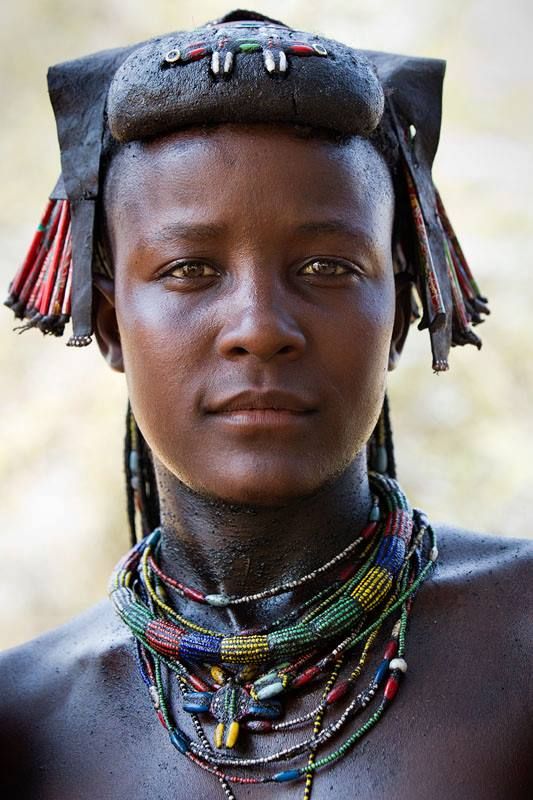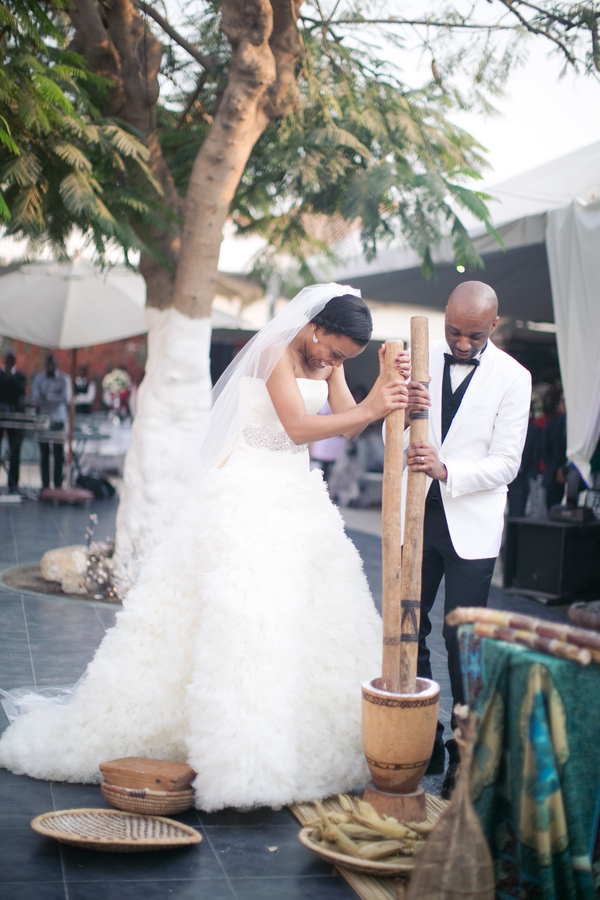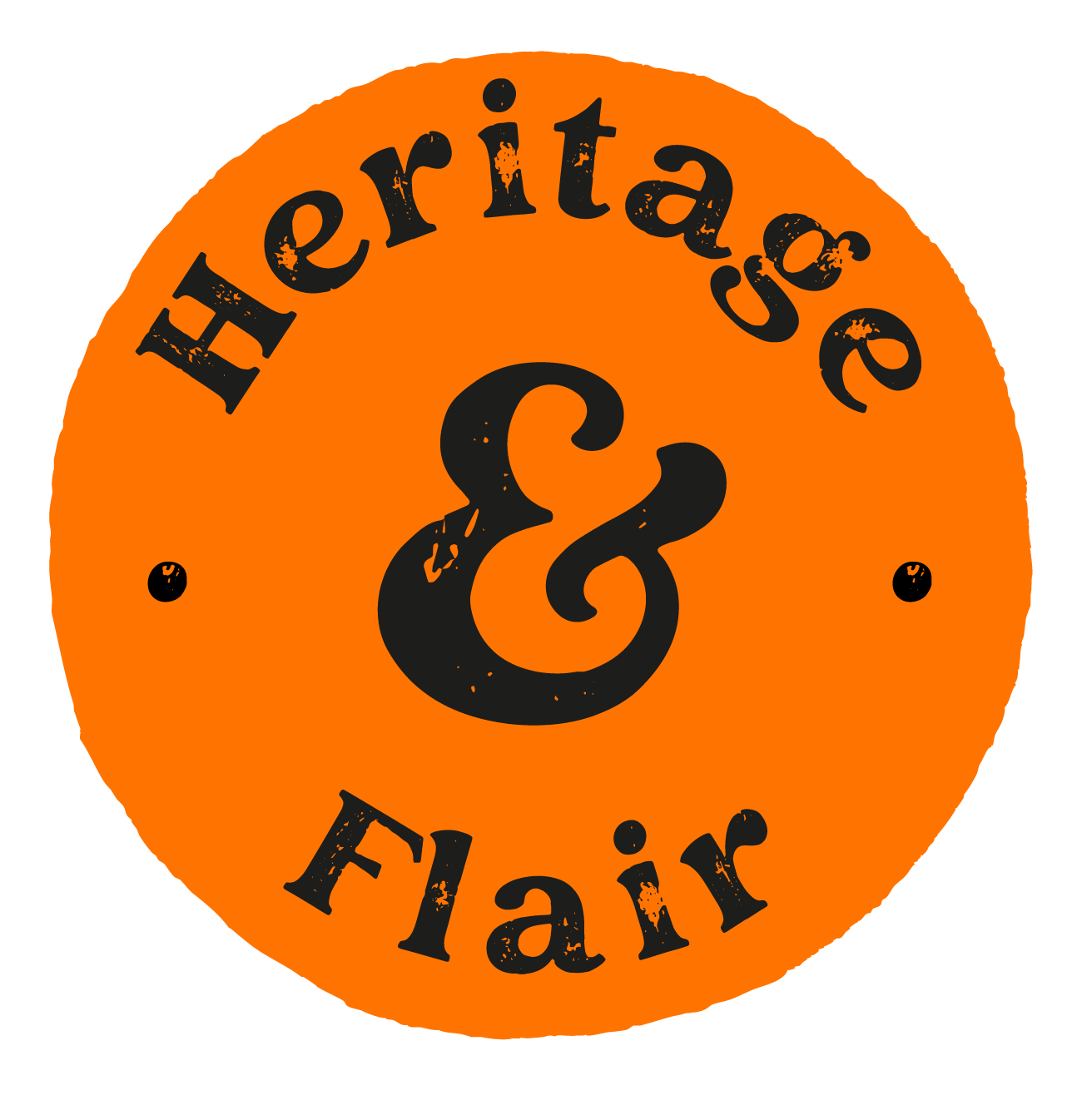
ANGOLA
Angola is located in Southern Africa and is known for its diverse geography. It boasts a long coastline along the Atlantic Ocean, extensive plateaus, tropical rainforests in the north, and the iconic Namib Desert in the south. The capital city of Angola is Luanda, which is not only the largest city but also the economic and cultural center of the country. Portuguese is the official language of Angola due to its colonial history under Portugal. Various indigenous languages are also spoken throughout the country
Angola has a complex and tumultuous history, having been a Portuguese colony for centuries before gaining its independence on November 11, 1975. The country then endured a prolonged civil war that lasted until 2002. Angola’s journey to independence was marked by a struggle against Portuguese colonial rule, and it ultimately led to the country’s freedom and the establishment of the People’s Republic of Angola.
Angola is a presidential republic, and the President serves as both the head of state and the head of government. The political landscape is largely dominated by the People’s Movement for the Liberation of Angola (MPLA), which has been in power since independence. Angola has a mixed economy heavily reliant on oil production and exports, making it one of Africa’s top oil producers. The country is also rich in natural resources, including diamonds, and has been working to diversify its economy by promoting agriculture and other industries. Angola’s culture is diverse and influenced by various ethnic groups, including the Ovimbundu, Kimbundu, Bakongo, and other indigenous peoples.
Music and dance are integral aspects of Angolan culture, with genres like Semba, Kizomba, and Kuduro gaining popularity.
Traditional art and crafts are also a vital part of the cultural heritage. Apart from oil and diamonds, Angola is known for its vast agricultural potential, producing crops like coffee, cotton, and maize. The country also has significant reserves of minerals such as gold, iron ore, and copper. Angola is striving to develop its tourism industry by capitalizing on its stunning natural landscapes, national parks, and wildlife. Notable attractions include Iona National Park, Kalandula Falls, and the historic city of M’banza-Kongo, a UNESCO World Heritage Site.
Angola faces challenges related to governance, infrastructure development, and social services, including healthcare and education. The country is actively working to address these issues and promote sustainable development.
Angola is a country with a complex history, a diverse culture, and significant potential due to its abundant natural resources. While it has faced challenges, it continues to work towards a more prosperous and stable future.
Hidden Insights: Uncovering Angola
1. Warthogs of Angola: Angola is home to a unique subspecies of warthog known as the Giant Forest Warthog (Phacochoerus aethiopicus africanus). These warthogs are distinct from their relatives found in other parts of Africa due to their size, distinctive appearance, and habitat. The Giant Forest Warthog is a larger and shaggier subspecies, adapted to the dense forests and swamps of Angola and neighboring regions.
2. Traditional Basket Weaving: Angola has a rich tradition of basket weaving, and various communities create intricate and colourful baskets using locally sourced materials like palm fronds and grass. These baskets are not only utilitarian but are also valued for their artistic and cultural significance.
3. Welwitschia Mirabilis: In the deserts of southern Angola, you can find the Welwitschia mirabilis, a peculiar and ancient plant species. These plants are known for their unique appearance, with just two long, strap-like leaves that grow continuously throughout their long lifespan, which can extend for centuries.
4. Akzente: Angola has a burgeoning contemporary arts scene. “Akzente” is an annual arts and culture festival held in Luanda, where artists from various disciplines showcase their work. It’s a platform for contemporary Angolan artists to express their creativity and share their perspectives.


Capital City: Luanda
Population: 34.5 million (2021)
Nationality: Angolans
Location: Southern Africa
Languages: Portuguese 71.2% (official), Umbundu 23%, Kikongo 8.2%, Kimbundu 7.8%, Chokwe 6.5%, Nhaneca 3.4%, Nganguela 3.1%, Fiote 2.4%, Kwanhama 2.3%, Muhumbi 2.1%, Luvale 1%, other 3.6%; note – data represent most widely spoken languages; shares sum to more than 100% because some respondents gave more than one answer on the census (2014 est.)
Religion: Roman Catholic 41.1%, Protestant 38.1%, other 8.6%, none 12.3% (2014 est.)
Area Total: 1,246,700 sq km
Angola Consulate in UK
Address: 46 Bedford Square, London WC1B 3DP
Website: https://www.consuladogeralangola-uk.org
Correcting The Map: The True Size Of Africa
The Mercator Projection downplays the size of Global South continents as it makes the Global North look larger
Heritage: What shapes us?
When heritage is mentioned, our minds often leap to the spectacular and the visible: the grandeur of world heritage sites, the majesty of traditional attire, the vibrant swirl of dances and festivals, or the melodies of mother tongues. These are the showpieces of...
HER-itage: Africa’s Phenomenal Queens And Leaders
Honouring and celebrating the incredible contributions of women throughout African history. These remarkable women have shaped nations, led revolutions, and stood against oppression with unwavering resilience. These queens, warriors, and visionaries broke barriers,...
